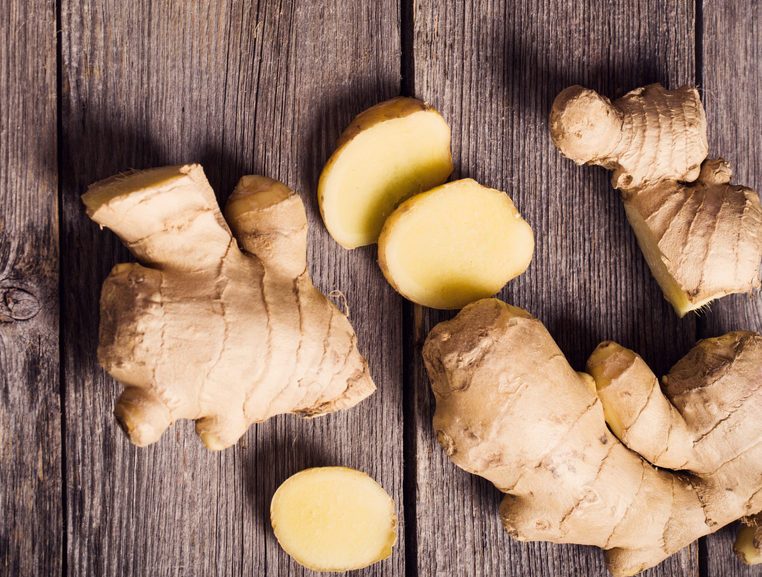The rules of an anti-inflammatory diet
What exactly is an anti-inflammatory diet? “It involves choosing whole, mostly plant-based foods like fruits and vegetables, nuts and seeds, whole grains, olive oil, and fatty fish,” says registered dietitian Samantha Cassetty, a nutritionist in New York City. She adds that it’s just as important to cut back on certain foods. That includes refined grains like white bread, sugary drinks and snacks, and processed meats.
“Research suggests that inflammation can be triggered by chronic stress, which can lead to heart disease, cancer, diabetes, depression, and Alzheimer’s,” says registered dietitian Maria Kinirons, of Dix Hills, New York. “Also, obesity has been linked as both a cause and the result of inflammation.” Keep in mind that the anti-inflammatory diet is a lifestyle, she points out, not a short-term solution.
Iryna Melnyk/Shutterstock
Eat wild salmon
Along with other fatty fish, wild salmon boasts omega-3 fatty acids. “While you can get omega-3s from walnuts, flax, and other foods, the form in fish is much more bioavailable,” says Cassetty. The omega-3s in fish have been found to lower inflammation and help protect your heart and brain. “Americans tend to under-consume omega-3s and overconsume omega-6s, found largely in certain vegetable oils,” says Cassetty. “The problem with this is that omega-6s are pro-inflammatory, so it’s really important to eat foods with omega-3s to shift this balance.”































